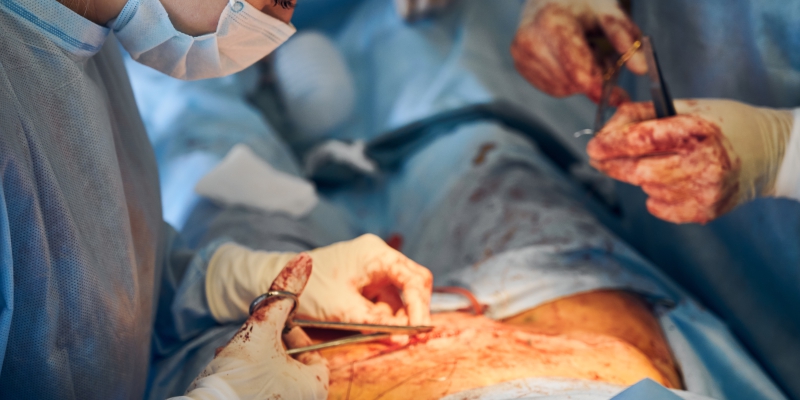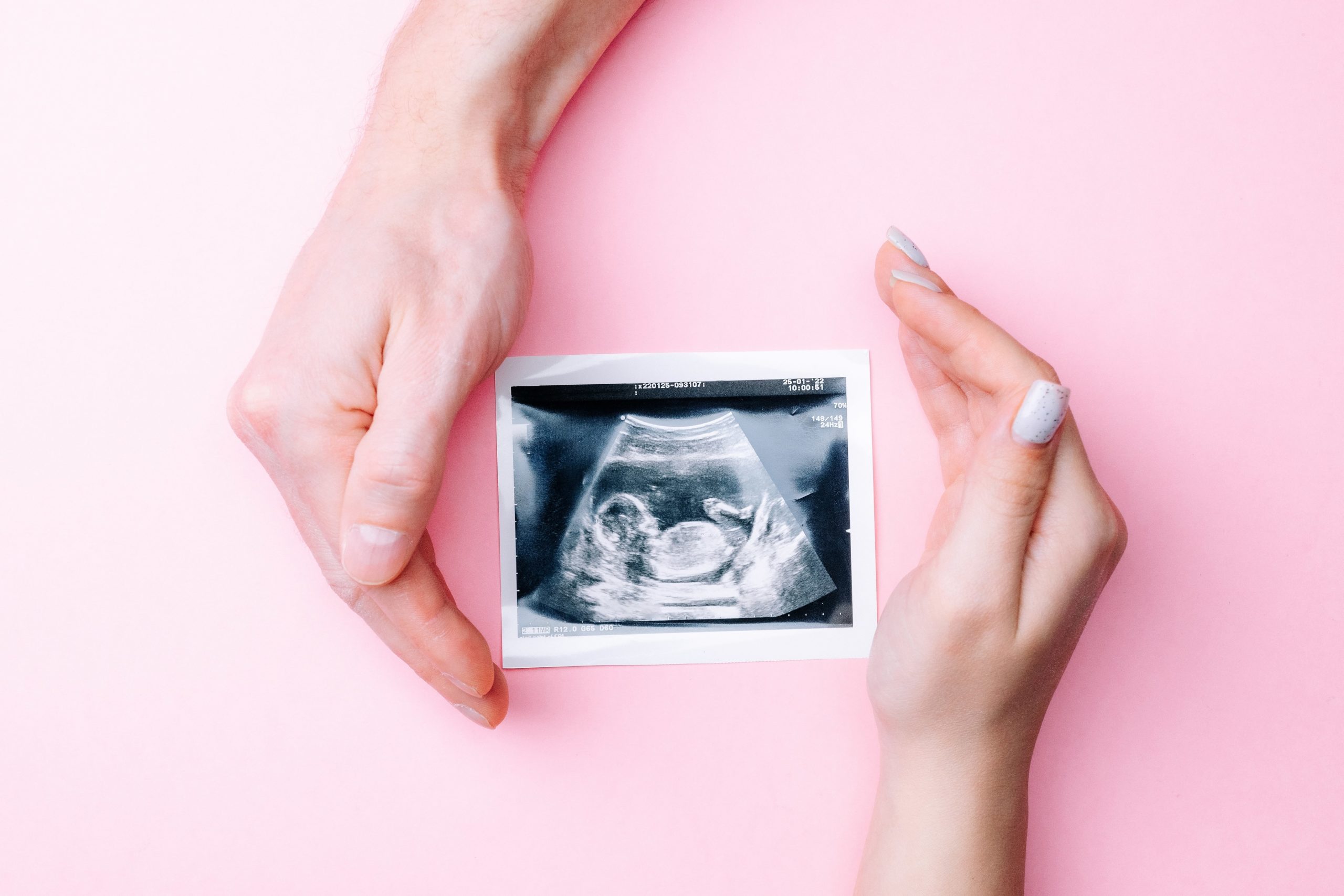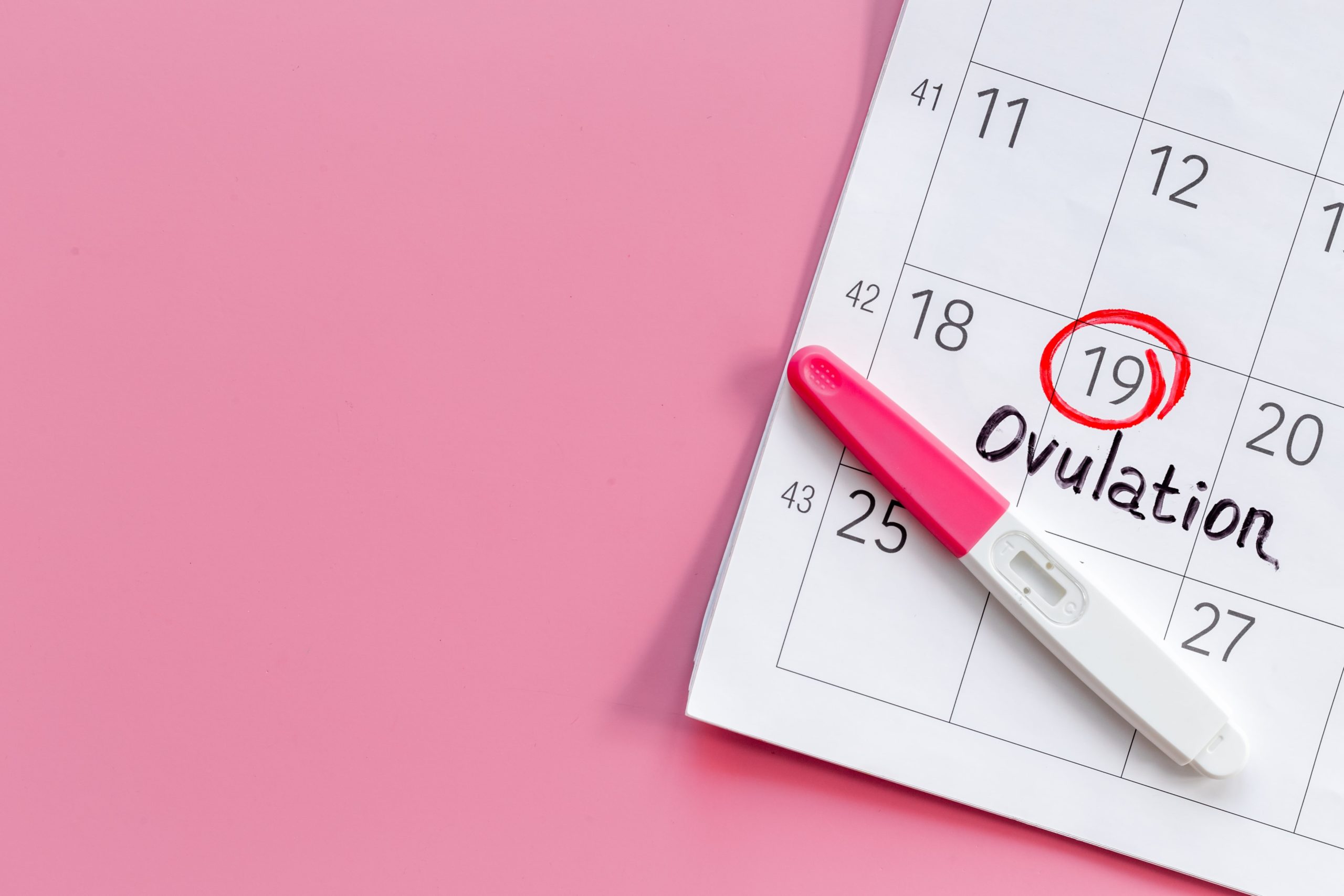Author - Dr Ekawali Gupta
MBBS, MS Degree in OBG, Consultant,
Consultant Obstetrician and Gynaecologist, Mohali.
All you need to know about C Section recovery:
Cesarean sections, commonly known as C-sections, are increasingly prevalent in India, accounting for approximately 17.2% of all births. While it’s a common surgical procedure, Dr Ekawali Gupta, MBBS, MS Degree in OBG, Consultant Obstetrician and Gynaecologist says that the recovery process is crucial for new mothers. This comprehensive guide aims to provide you with all the information you need for a smooth and healthy recovery after a C-section.
The First 24 Hours
What to Expect
The first 24 hours post-surgery are crucial for monitoring. You’ll likely experience:
- Pain and Discomfort: Pain medication will be administered to manage initial discomfort.
- Limited Mobility: You’ll be encouraged to move your legs to promote blood circulation but will largely remain in bed.
- Vital Checks: Nurses will regularly check your vitals and surgical wound.
Tips for the First 24 Hours
- Stay Hydrated: Drink plenty of fluids unless advised otherwise.
- Deep Breathing: Practice deep breathing exercises to help prevent respiratory complications.
Week 1: Initial Recovery
Pain Management
Pain is a common side effect in the first week. Here’s how to manage it:
- Prescribed Medication: Follow your doctor’s advice on medication.
- Rest: Limit physical activity and get adequate sleep.
Mobility and Wound Care
- Start Walking: Short walks within your room can aid in faster recovery.
- Wound Care: Keep the surgical area clean and dry.
Emotional Well-being
- Baby Bonding: Spend quality time with your newborn.
- Seek Support: Don’t hesitate to ask for help from family or healthcare providers.
Weeks 2-4: Steady Recovery
Physical Activities
As you move into weeks 2-4, you’ll notice an improvement in mobility and a decrease in pain. Here’s what you can do:
- Gradual Exercise: Start with light exercises like pelvic tilts and leg lifts, but consult your doctor before beginning any exercise regimen.
- Avoid Heavy Lifting: Stick to lifting objects no heavier than your baby.
Diet and Nutrition
- High-Protein Foods: Include lean meats, legumes, and dairy in your diet.
- Stay Hydrated: Continue to drink plenty of water, especially if you are breastfeeding.
Emotional Well-being
- Postpartum Depression: Be aware of signs and consult a healthcare provider if you experience prolonged periods of sadness or anxiety.
- Weeks 5-6: Nearing Full Recovery
Milestones to Look For
- Reduced Pain: You should experience significantly less pain.
- Increased Mobility: You’ll find it easier to move around and perform daily activities.
Tips for Weeks 5-6
- Doctor’s Visit: Schedule a postpartum check-up to assess your recovery.
- Family Planning: Discuss contraceptive options with your healthcare provider.
Beyond 6 Weeks
Long-term Care
- Exercise: Gradually return to your pre-pregnancy exercise routine, but consult your doctor first.
- Sexual Activity: It’s generally safe to resume sexual activity after 6 weeks, but consult your healthcare provider for personalized advice.
When to Consult a Doctor
- Persistent Pain: If pain persists beyond 6 weeks, consult your healthcare provider.
- Emotional Concerns: Seek professional help if you’re struggling emotionally.
Diet and Nutrition
Indian Diet Recommendations for Faster Recovery
- Protein-Rich Foods: Include paneer, lentils, and chickpeas in your meals.
- Fruits and Vegetables: Opt for vitamin-rich fruits like oranges and leafy greens.
- Spices: Turmeric and ginger have anti-inflammatory properties and can aid in healing.
Tips for Diet and Nutrition
- Avoid Spicy Foods: Spicy foods can cause discomfort, especially if you’re breastfeeding.
- Stay Hydrated: Coconut water and herbal teas are good options.
Common Concerns and How to Address Them
Frequently Asked Questions (FAQs)
When can I drive?
Answer: Generally, you can resume driving after 6 weeks, but this can vary. Always consult your healthcare provider for personalized advice, especially if you’re still taking pain medication.
Is vaginal bleeding normal?
Answer: Light bleeding, known as lochia, is common and can last for a few weeks. However, if the bleeding persists, becomes heavy, or has a foul odor, consult your healthcare provider immediately.
Can I take a bath or shower?
Answer: Showering is usually permitted within the first few days, but bathing in a tub should be avoided until your wound has fully healed, which is typically around 2-3 weeks post-surgery.
When can I resume exercise?
Answer: Light exercises can generally be started after 2-4 weeks, but it’s crucial to get approval from your healthcare provider. More strenuous activities should be avoided until at least 6 weeks post-surgery.
How long should I wait before planning another pregnancy?
Answer: It’s generally advised to wait at least 18-24 months before planning another pregnancy to allow your body ample time to heal. However, consult your healthcare provider for advice tailored to your specific health conditions.
Is it normal to feel emotional or depressed?
Answer: Postpartum emotional changes are common, but if you experience prolonged periods of sadness, anxiety, or depression, it’s important to seek professional help. Emotional well-being is crucial for both you and your baby.
Can I breastfeed after a C-section?
Answer: Yes, breastfeeding is not only possible but also encouraged after a C-section. It may take a little time to find a comfortable position, so don’t hesitate to ask for help from healthcare providers or lactation consultants.
Myths and Facts
Myth 1: You Can’t Breastfeed After a C-Section
Fact: Breastfeeding is not only possible but also encouraged after a C-section. While it may take some time to find a comfortable position due to the surgical wound, healthcare providers and lactation consultants can offer guidance. Breastfeeding promotes bonding and provides essential nutrients to your newborn.
Myth 2: C-Section Recovery is Easier Than Natural Birth
Fact: Recovery from a C-section can actually be more challenging as it involves healing from major surgery. It requires careful attention to wound care, pain management, and physical activity.
Myth 3: You Shouldn’t Move Around Much After a C-Section
Fact: While rest is important, limited mobility can lead to complications such as blood clots. Short walks and light exercises, as advised by your healthcare provider, can aid in faster recovery.
Myth 4: A C-Section Prevents Future Vaginal Births
Fact: Many women successfully have vaginal births after a C-section (VBAC). However, several factors like the type of uterine incision and overall health will influence this, so consult your healthcare provider.
Myth 5: C-Sections are Only for High-Risk Pregnancies
Fact: While C-sections are more common in high-risk pregnancies, they can also occur due to various reasons like labor complications, the baby’s position, or maternal choice. It’s essential to discuss your options with your healthcare provider.
Myth 6: Immediate Skin-to-Skin Contact Isn’t Possible
Fact: Many hospitals now encourage immediate or early skin-to-skin contact even after a C-section, as it promotes bonding and successful breastfeeding. ## Conclusion
Recovering from a C-section is a gradual process that requires attention to physical and emotional well-being. With proper care and support, you’ll be back to your normal routine in no time. Remember, each individual’s recovery journey is unique, so always consult your healthcare provider for personalized advice.
Dr Ekawali Gupta will respond to your query as soon as possible. For emergencies please call and reach Motherhood Hospital, Mohali.
At Motherhood Hospitals, we have a team of experienced supers specialists backed by the latest infrastructure and facilities. We have the best gynaecologist in Mohali. We are experts in handling complex deliveries, gynecological, and other surgeries including a range of laparoscopic surgeries.
Do make an appointment with the best woman care hospital in Mohali at a center closest to you. Meet with our doctors who will carry out the required investigations, diagnose the issue, and recommend the most appropriate treatment, enabling you to lead an active life.
If you wish to get in touch with Dr. Ekawali Gupta, please book your appointment here.



















No comment yet, add your voice below!